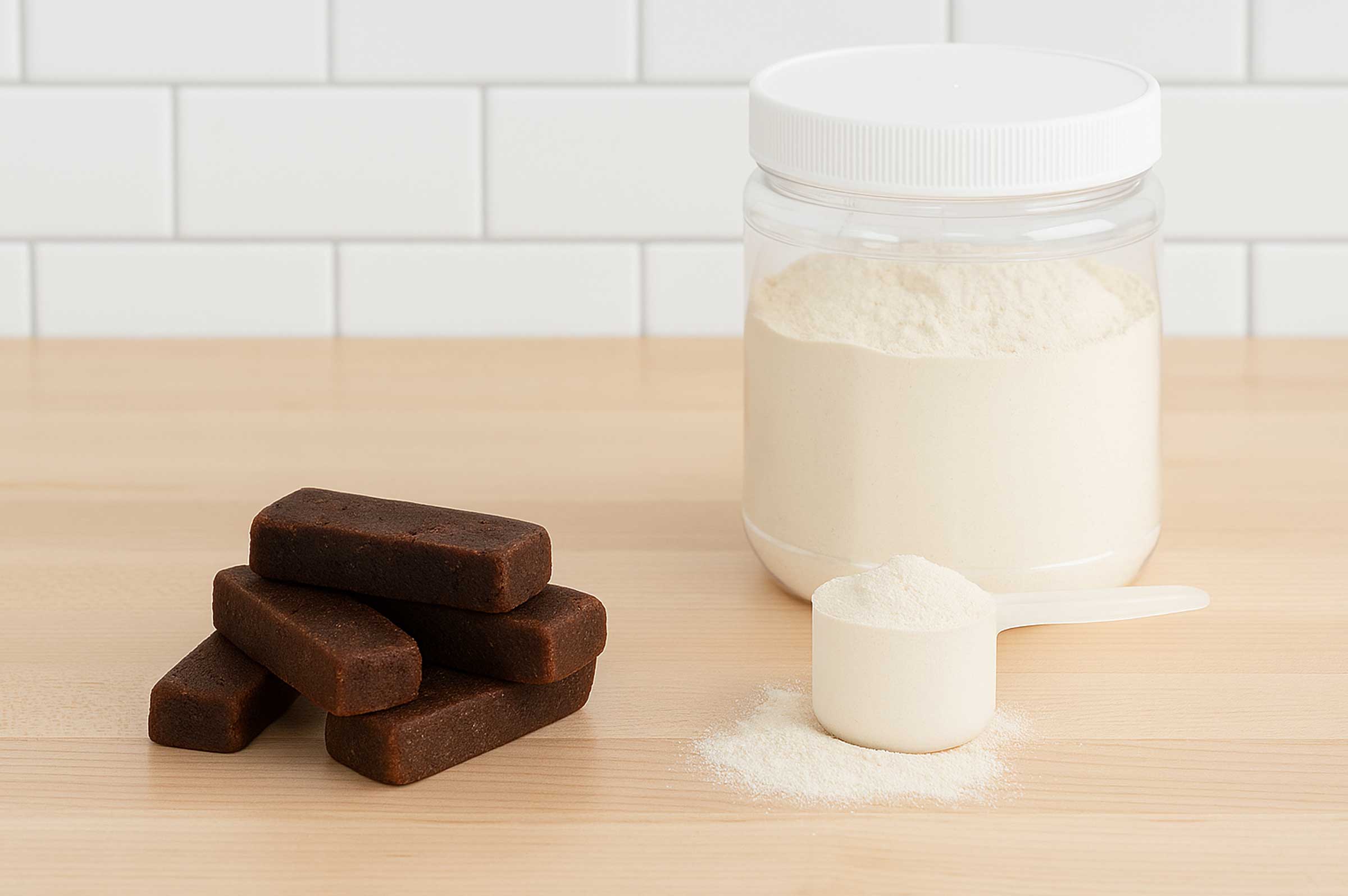Pets aren’t just animals—they’re beloved family members, cheering us up every day with wagging tails or warm purrs. Naturally, we want to give them the very best care possible. When your internet search asks, “How do I choose the right supplement for my pet’s specific health condition?”, you're asking an important question. A top-quality diet lays the foundation, and the right supplements can work in harmony with food, enhancing overall health and helping to manage concerns such as joint discomfort, digestive upset, or immune stress.
In this blog, we’ll explore how different types of supplements—such as probiotics, joint-support nutrients like glucosamine, anti‑inflammatory compounds, and beneficial mushrooms—can complement each other. Each section will be framed as a question you might have, helping you think critically about your pet’s needs. Let’s embark on the journey to keep your furry family member vibrant, curious, and full of life!
Why should I start with a high-quality diet before adding supplements?
First, food is the cornerstone of health. A nutritionally balanced diet ensures that pets get the right ratio of proteins, fats, vitamins, and minerals. If your pet is already struggling with deficiencies or imbalance from their base diet, no supplement can fully make up for that gap. A poor diet can overwhelm the benefits of supplements—like trying to build a house on shaky ground.
Second, a high‑quality diet often includes bioavailable nutrients that naturally support health. Supplementing on top of a premium food can reinforce existing benefits—adding probiotics to a diet rich in fiber enhances digestion, while omega fatty acids in food may amplify the effect of joint-support compounds. The smarter your baseline diet, the more effectively supplements can do their job.
How can probiotics and digestive support benefit my pet in real life?
Digestive wellness starts in the gut. Probiotics introduce beneficial bacteria that help balance intestinal flora, supporting digestion and immune response. A fiber‑rich recipe paired with a probiotic can soothe upset tummies, reduce inflammation in the gastrointestinal tract, and promote healthy stool consistency—useful for pets of any age, from playful puppies to dignified seniors.
Further, the immune system largely resides in the gut. Research shows probiotics can aid in resisting infections or overreactions like allergies by helping modulate immune responses. Think of probiotics as peacekeepers—ensuring the gut environment remains stable, peaceful, and ready to support other health systems rather than fighting off microbiome chaos.
Why might glucosamine and other joint supports make a difference for pets with mobility issues?
Glucosamine, often paired with MSM, supports cartilage resilience. As pets grow older or remain highly active, stress on joints can lead to stiffness or discomfort. These nutrients may help maintain cushioning between joints, making everyday movements—like chasing a ball or springing onto the couch—more comfortable and fluid.
When you add anti‑inflammatory components like omega‑3 fatty acids alongside glucosamine, the result may be even better. An analysis done on research on osteoarthritis in dogs shows over and over again that omega-3 fatty acids improve symptoms of pain in dogs.
The combination can simultaneously protect joint structures and reduce the inflammatory responses that contribute to pain or swelling. The synergy of these supplements can encourage happier, more mobile pets who dance through life with a little less creaking.
What role do anti‑inflammatory supplements play beyond joint health?
Inflammation isn’t limited to joints—it can affect skin, metabolism, and even cognitive function. Ingredients like fish oil rich in EPA and DHA, herbal extracts like turmeric, and specific protein compounds can help reduce inflammation systemically. This means your pet may enjoy calmer skin, improved learning or memory, or even more balanced weight when inflammation is managed from multiple angles.
Moreover, pairing anti‑inflammatory supplements with probiotics or antioxidants can offer complementary support. As probiotics bolster gut‑linked immunity and antioxidants neutralize harmful free radicals, the anti‑inflammatories can operate more effectively. It’s a team approach: each supplement supports different systems, but together, they help your pet feel and behave more like their vibrant, tail‑waggling self.
Why are functional mushrooms becoming popular supplements for pets?
Mushrooms such as turkey tail, reishi, shiitake, or maitake contain unique polysaccharides—like beta‑glucans—that can support immune balance and antioxidant activity. In pets, these compounds may help regulate immune responses, offering resilience without overstimulation. This gentle modulation can be especially valuable for pets facing seasonal allergies, chronic stress, or even recovery from minor health challenges.
When mushrooms are added alongside probiotics and omega fatty acids, the result can be a well-rounded boost. Probiotics nurture gut balance, omega fats reduce inflammation, and mushroom extracts support immune tone. The combined effect? Pets that not only survive— but thrive: more energy, better coat condition, and overall wellness that radiates.
Conclusion
Choosing the right supplement regimen for your pet starts with understanding their unique health needs and pairing targeted ingredients that complement one another. A premium diet forms the foundation, upon which probiotics, joint supports, anti‑inflammatories, and functional mushrooms can build a positive cascade of well‑being. Your pet is a cherished family member, and they deserve care that honors that role—inside and out.
If you're ready to explore a thoughtful, science‑backed supplement plan, consider checking out VetSmart Formulas. Their offerings are designed to complement a wholesome pet diet and support multiple health domains in harmony. Help your companion leap into each day feeling their best—grab VetSmart Formulas and treat them to a wellness combo made just for them!











